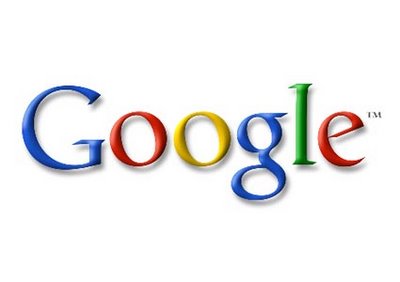Google plan to scan forgotten books divides world publishing
 Frankfurt - French and German publishers are at odds with the US book industry over how to respond to search engine giant Google's audacious bid to monetize nearly a century of semi-forgotten books.
Frankfurt - French and German publishers are at odds with the US book industry over how to respond to search engine giant Google's audacious bid to monetize nearly a century of semi-forgotten books.
The continentals hope a proposed 125-million-dollar settlement between Google and the Authors Guild and Association of American Publishers will collapse. A US court in New York is to hear the issue anew next month.
Alexander Skipis, chief executive of the Boersenverein, Germany's publishers' and booksellers' association, said a court adjournment to hear more than 350 objections, including a challenge from the US Department of Justice, had shown the deal was a "failure."
But the Germans and French have not been able to propose any alternative way to build a world library of out-of-print books online, other than appealing for their governments to take over the task, an unlikely prospect in the current recession.
At a September 7 Brussels hearing, EU officials spoke up for the public interest in bringing so-called "orphan works" back into circulation, saying Google was offering a solution.
The orphans are the nearly forgotten books that never became best sellers. The authors are dead. The files have been lost. Often, the publishing companies no longer exist. A handful of people still need the information in the books, but cannot find any copies.
Under copyright law, private enterprises are not supposed to scan old books and offer copies to people who need them. They are supposed to first mount investigations into the provenance first, reconstructing the rights history and tracking down heirs to ask.
That is a lot of work, just to provide a few pages from a library book. Under some jurisdictions, copyright extends 75 years from the death of an author. So some books written when authors were young, back in the 19th century, are still tied up by these laws.
US publishers have mostly swung behind the proposed settlement, under which Google is to pay royalties to a foundation known as the Registry, which will be a clearing house for the tangle of claims.
Columnist Quentin Hardy of Forbes. com said, "By scanning the books, Google took us to a real-world discussion of how to get these volumes into the digital world in some way that we can live with.
"It is questionable whether we would have gotten there without such a bold move."
The whole copyright system is now coming under question. The Pirate Party, which has detailed plans for reform, won 2 per cent of the vote at Germany's September 27 federal election and higher rates of support among internet activists and young people.
Major libraries, which are also victims of copyright restrictions, have allied with Google.
Both the State Library of Bavaria in Munich and France's second largest library, in Lyon, are letting Google scan their books, and the French National Library in Paris is currently negotiating with the internet giant.
Librarians, net activists and rival companies have other areas of disagreement with Google. They support a world library, but fear Google Books will become a monopoly or invade users' privacy.
But the German and French book publishers reject the agreement root and branch. They say copyright is sacrosanct. They can still claim governments on their side.
In a recent statement, the Boersenverein's Skipsis attacked the European Commission for encouraging the looming changes, and predicted Brussels would swing against Google.
"The Commission ought not to be letting Google scan public resources," he said. "We utterly condemn this idea.
The Boersenverein said European nations instead had to work harder on their own lagging plans to scan old books with state funding.
This week, US judge Denny Chin said "fair concerns" had been raised about the settlement and the parties should report back November 9 to his court with a redraft.
How many books have been scanned so far by Google remains confidential. At the last count, the US company spoke of 10 million, the bulk of them in English, but very many in other languages.
Google already has an online reporting system in place which ensures that the books which actually do earn money for their publishers and authors, the so-called front lists and backlists, are kept off the website.
The dispute revolves around the millions of books which are not worth reprinting, because they might never again sell more than a few dozen copies worldwide, but which do merit low-cost digitizing.
In France, a publisher, Herve de La Martiniere, brought a specimen suit against Google in 2006 alleging copyright infringement and forgery. The case is now being tried. He is backed by the 530-member French Publisher's Association (SNE) and the Society of Authors (SGDL). (dpa)